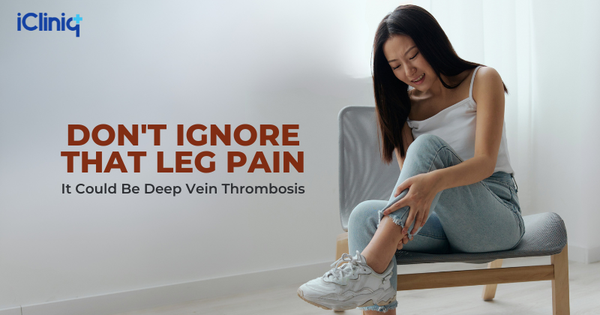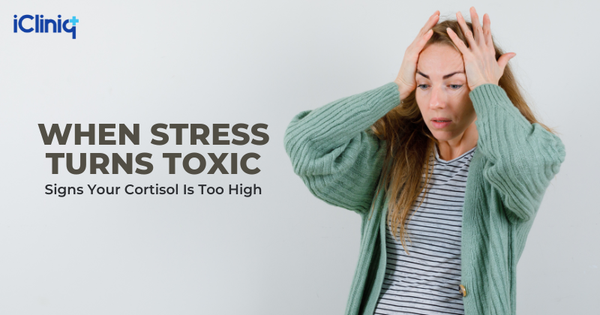4 Tips to Ease Hip Pain

Hip pain can be dull, sharp, throbbing, or burning type and can be due to various causes. Pain near the groin can also be due to problems in the hip joint. The doctor will first try to identify where the pain originates and what the cause is before suggesting a treatment plan. Some hip pain causes, such as fracture, infection, or arthritis, can permanently damage the hip joint. This is why it is essential to identify the cause early and treat it promptly.
Conditions that can result in hip pain include:
1) Arthritis – Hip pain due to inflammation of the hip joint, which can destroy the cartilage. Examples are osteoarthritis and rheumatoid arthritis.
2) Hip Tendonitis – Inflammation of the tendons, the bands of tissue present in the hip joint.
3) Muscle Strain or Sprain – Overusing the hip joint can sprain or strain the muscles and ligament, resulting in hip pain and a limited range of motion.
4) Hip Bursitis – Bursae are fluid-filled sacs that prevent frictional wear and tear in the hip joint. Inflammation of these bursae is called bursitis.
5) Hip Fracture – Age-related bone changes make women more prone to hip fractures, which can also lead to life-threatening complications.
6) Inguinal Hernia – When part of the intestine bulges through a weak area in the abdominal wall.
7) Osteonecrosis – Death of bone tissue due to a lack of blood supply.
8) Osteomyelitis – Infection in the hip joint.
9) Cancer – Bone tumors that originate from the hip bones can also cause hip pain.
10) Osteoporosis – Bones become weak and porous.
Apart from these, many other conditions can result in hip pain. Some might get better on their own with time, while others can be due to severe underlying health conditions. Always consult a doctor if your hip pain lasts for more than a week, or if it is getting worse.

Home Remedies:
The following treatment options might help ease your hip pain:
1) Rest

Avoid putting pressure or overworking your hip and hip joint. Do not bend down or do things that require you to bend down, as it can put a lot of pressure on your hip. Avoid sitting for long periods, and do not sleep on the side of the hip pain. Rest as much as you can.
2) Pain Relievers

Painkillers, such as Acetaminophen (Paracetamol), Ibuprofen, and Naproxen Sodium, can help relieve pain by reducing inflammation. Make sure you consult your doctor before taking any medications.
3) Cold and Heat Therapy

Applying heat and cold to the painful area might also help. You can use a frozen pack of peas or wrap ice in a towel and apply it to the hip. You can also reduce pain by taking a warm bath or shower, as it relaxes your muscles.
4) Stretching

If you have a muscle sprain or strain or a pinched nerve, gentle stretching may reduce hip pain. But, avoid overstretching, as it might worsen the pain.





